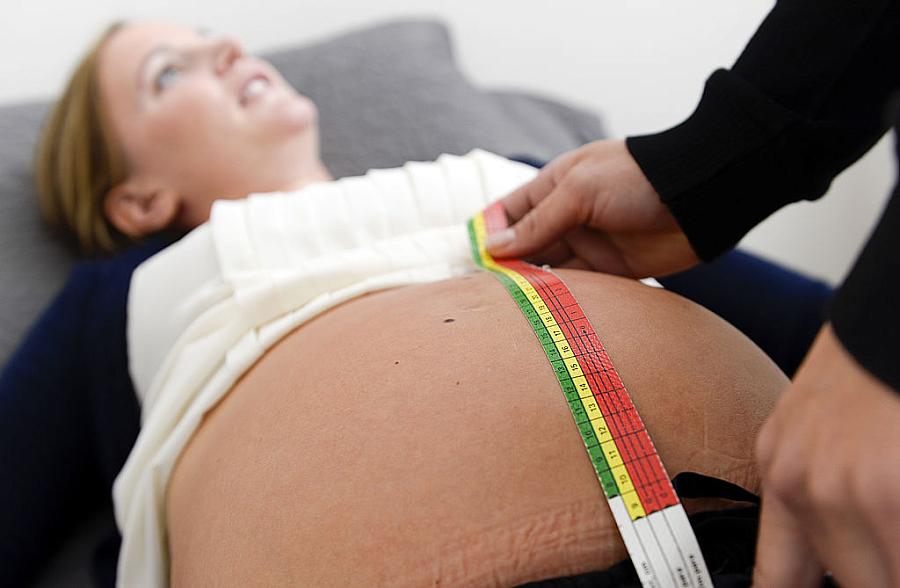Does the ACA’s Medicaid expansion improve maternal and child health?

(Photo by Jonathan Nackstrand/AFP via Getty Images)
Previous research has found that the Affordable Care Act’s Medicaid expansion both increased access to and utilization of health care for reproductive-age women across the country.
Now, a new recent study reveals that the broadening of public insurance may result in better maternal health.
The findings, published this month in Health Affairs, show that women in states that expanded Medicaid were more likely to get health counseling before becoming pregnant, take folic acid, and use birth control so they can plan their next pregnancy. All these measures reduce expectant mothers’ health risks and improve the chances of positive birth outcomes.
“The United States has some of the worst maternal mortality rates in the developed world,” said the study’s lead author, Rebecca Myerson, an assistant professor of population health sciences at the University of Wisconsin-Madison. “So, given that there are modifiable risk factors that become key to maternal health — before conception — we thought this was an important point in the reproductive cycle to take a look at, from the policy side.”
The study further illustrates the Affordable Care Act’s impact at a time when the Supreme Court is considering a case that could overturn the law and eliminate health coverage for roughly 20 million Americans. Thirty-eight states and the District of Columbia have adopted Medicaid expansion, while several other states debate whether to join them.
“As much as policymakers want to improve maternal and child health, we're hoping that these findings could be taken into account and be impactful in that discussion,” Myerson said.
Before the law was implemented, Medicaid for women was limited mostly to those who were pregnant or had children. The Affordable Care Act broadened the public insurance to all adults earning up to 138% of the federal poverty level.
The law has also improved continuity of care, since many women used to have Medicaid for only 60 days after their child was born. Several states have extended the insurance for women for up to a year after they give birth. The U.S. House of Representatives recently passed a bill that would make it easier for all states to provide such coverage.
This is important because pregnancy-related deaths often occur well into the postnatal period. A January 2020 study in Health Affairs found that women in Medicaid expansion states were more likely to access postnatal care, particularly women who had health problems at delivery.
A woman’s health status before conceiving affects her odds of having a healthy pregnancy and baby. Preconception health counseling — which addresses pregnancy risk factors such as smoking, depression and uncontrolled diabetes and hypertension — increased by 22% in Medicaid expansion states, the new study found.
Folic acid intake, which reduces the probability of neural tube defects, grew by 10% in those states.
And postpartum contraception increased by 7%. Spacing out births by at least 18 months has been found to lower the possibility of preterm births, stillbirths, and other negative perinatal outcomes.
More than a third of pregnancies are unplanned, so having access to health care is important for all women. As Myerson said, “Preconception health, to some extent, is women's health.”

